A Walk Through Magical Mylapore
Revisiting Chennai’s iconic neighbourhood
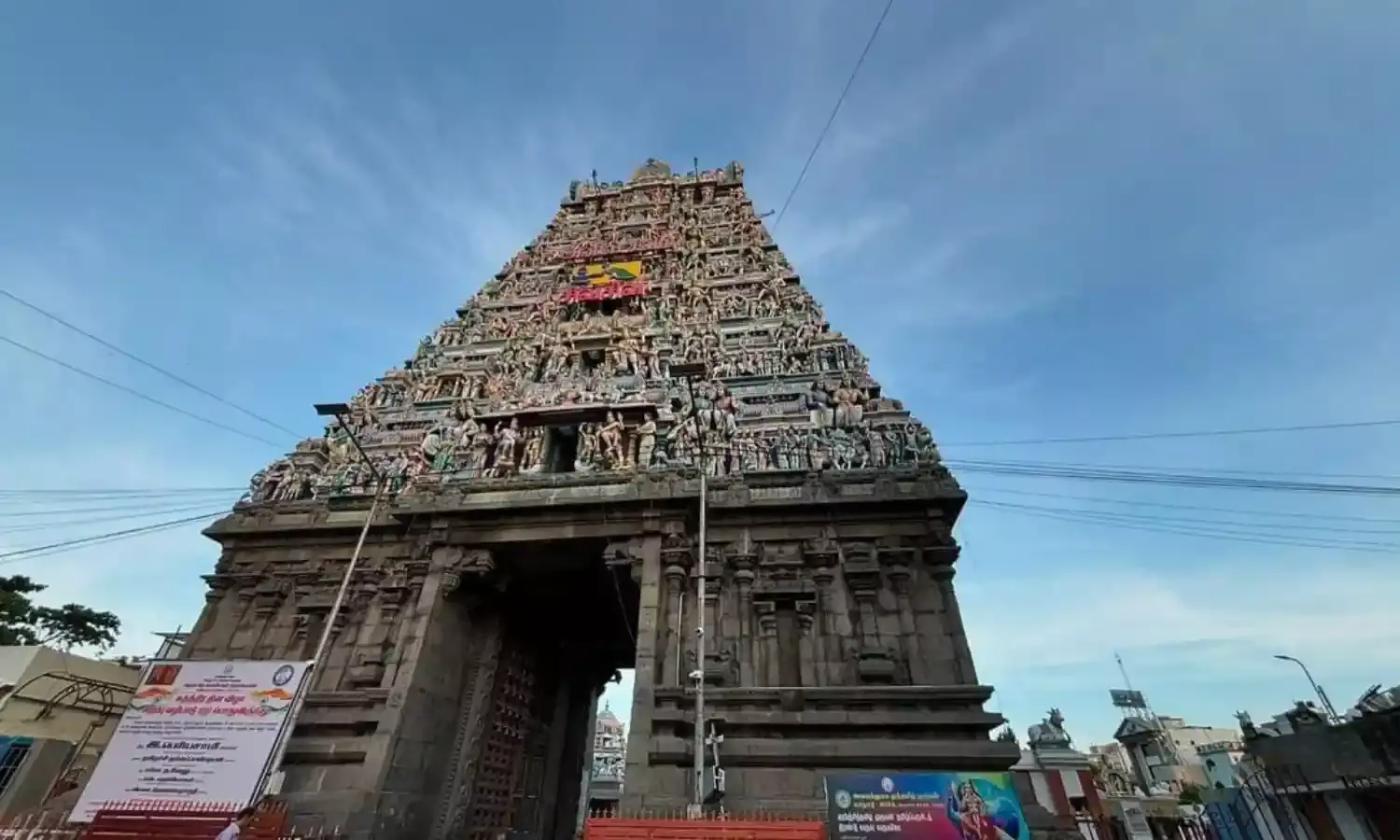
Travelling through the national highway which connects Nellore district in Andhra Pradesh to Chennai, Tamil Nadu’s capital, I made up my mind. I had to see Mylapore once again, where many years back I stayed for a year as a journalism student of the Asian College of Journalism.
It was the dawn of August 15 and the sun was just beginning to make its appearance through the fleecy clouds. My driver, who is from Chennai, promised to take a little detour to satisfy my curiosity. It is a few extra kilometres from Mylapore to the airport, he assured me.
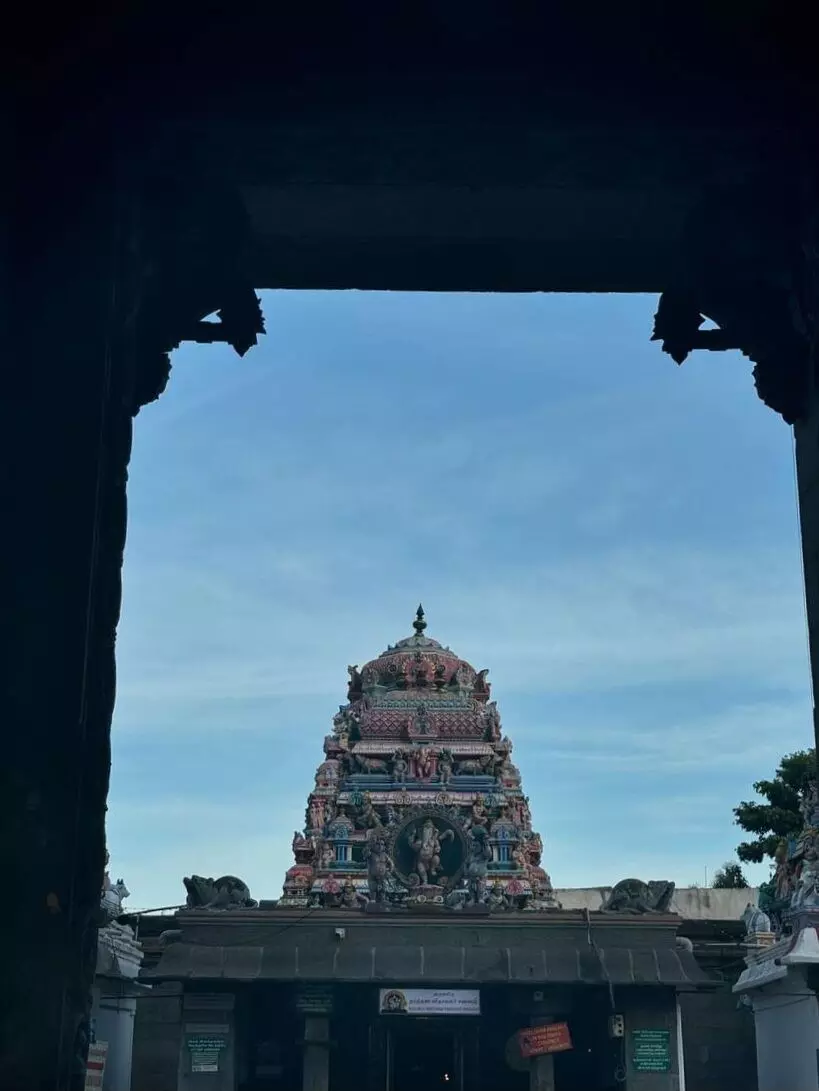
Mylapore is an old locality dominated by Tamil Brahmins. When I lived on the Luz Church Road, I remember walking through the roads every morning on my way to college. At a small temple on the way, the smell of coconuts and incense sticks floated in the air as I hurried to the bus stop.
All this came rushing back to my mind as I once again stood in front of the grand Kapaleeshwarar temple with a pyramid-like structure dotted with figurines.
Back then, I used to visit it sometimes in the evenings. It was also enchanting to behold the Santhome cathedral, its spires reaching out to the blue sky.
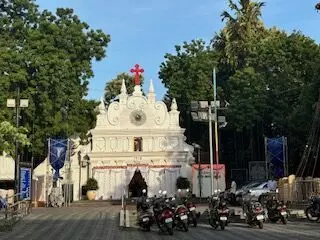
I talked to Deepa Krishnan, the founder of Magic Tours of India, a responsible tourism company. Started on a small-scale basis in 2006, it has now reached 27 Indian cities. Mylapore is one tour among the 300 others conducted by her company in India.
“As Chennai was the first city where I started my tours, it holds a special place in my heart,” Deepa, whose husband hails from Chennai, said. She has lived in the city for eight years. “When I design a set of tours in any city, I always try to find the oldest places. Mylapore predates both the British and the Portuguese.”
Deepa’s journey started from 2002 onwards when the software industry boomed in Chennai. “Many overseas colleagues visited the city and I took them to explore the lanes and bazaars to show them the real Chennai.
“That is how I started doing tours. By conducting them, I also wanted to break the myths and stereotypes about India.” Today, her tours focus on life, food, culture, architecture and stories.
After conversing with Deepa, I understood her fascination with Mylapore. It is not only about the temples, old buildings and the church, for Kanchipuram is dotted with temples and Puducherry has churches.
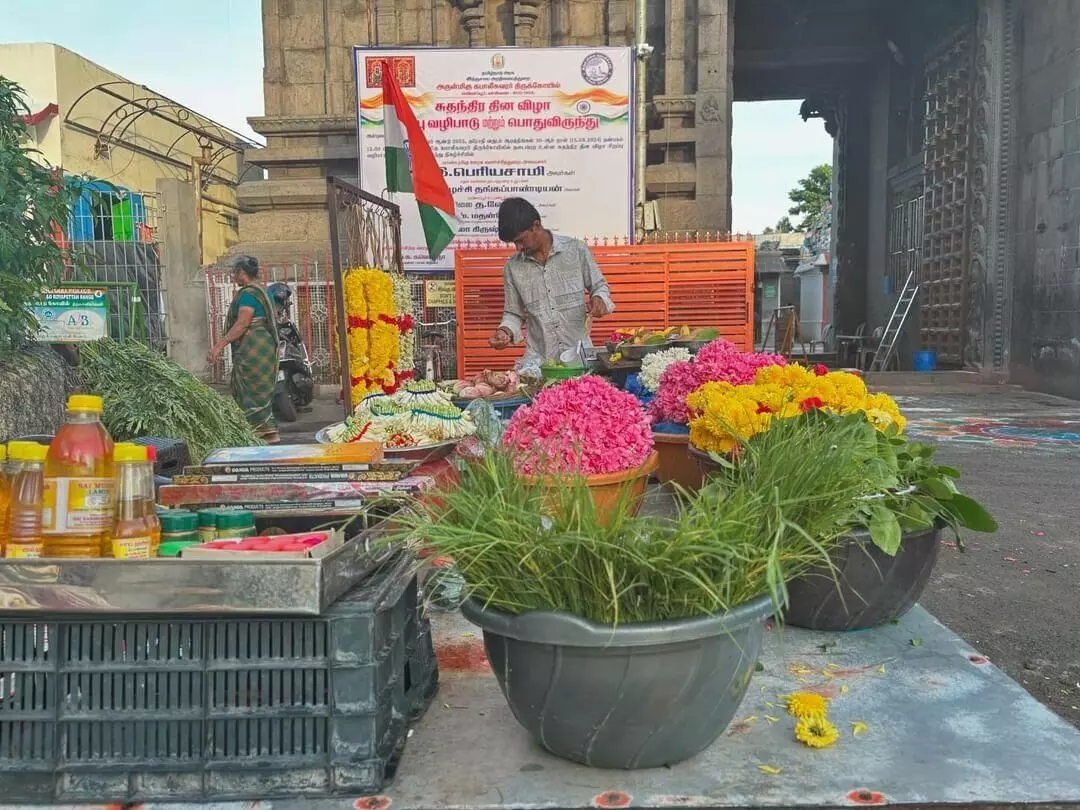
As a place, Mylapore offers a rich social life. In the Nageshwara Rao park which lay opposite my hostel, I first heard Bombay Jayashri at a Carnatic music festival. It was for a college assignment.
An elderly gentleman kindly explained to me the meaning of the songs she sang. It was in the same event I met politician Kanimozhi, now a Member of Parliament. One morning clutching a milk packet in one hand and a bread in another, I glimpsed J. Jayalalithaa when she visited Luz Church Road.
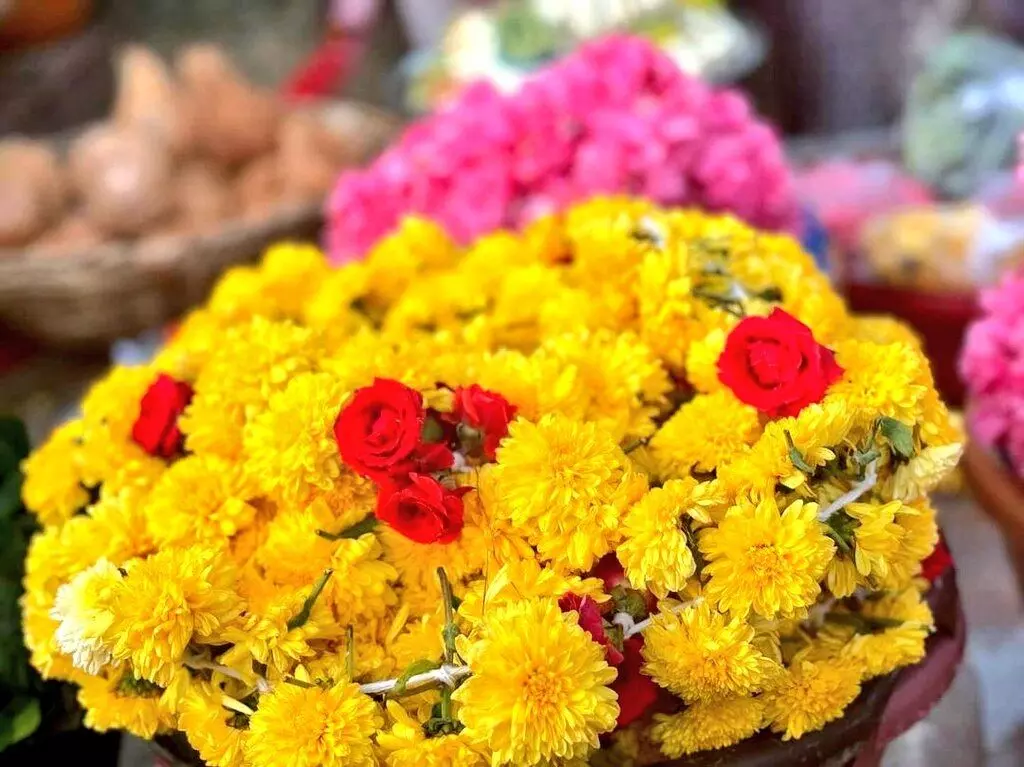
Deepa’s tours in and around Mylapore set the tone for discussions on early Christianity, colonialism, belief systems and temple designs. Her audience comprises primarily American, British, French, Australian and Canadian nationals.
“In the residential lanes of Mylapore, there is a chance to discuss the social fabric, bridging cultural divides and bringing about a closer understanding.”
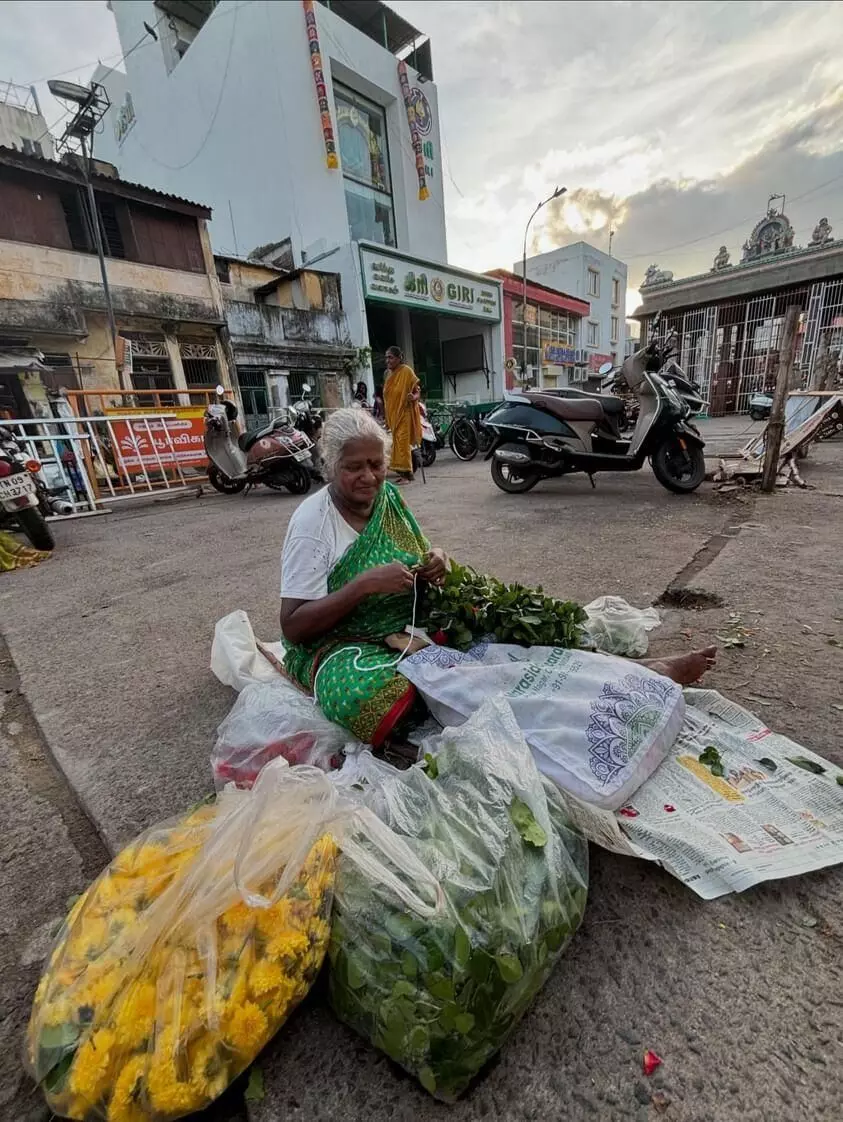
While clicking a photo of a temple with a Ganesha idol on the exterior, I looked at the tree behind it. It reminded me of the mango tree in the compound of my hostel which was a two-storeyed building.
I also remembered my neighbour, a kind and welcoming woman, whom I visited whenever I could. The image of a swing resting in a big traditional house rose in my mind.
I understood why Deepa considers Mylapore the heart of Chennai. I can call it its soul. “When people only have half a day for sightseeing, I recommend Mylapore.” I only had over an hour and a flight to catch.
All photos by DEEPANWITA GITA NIYOGI



